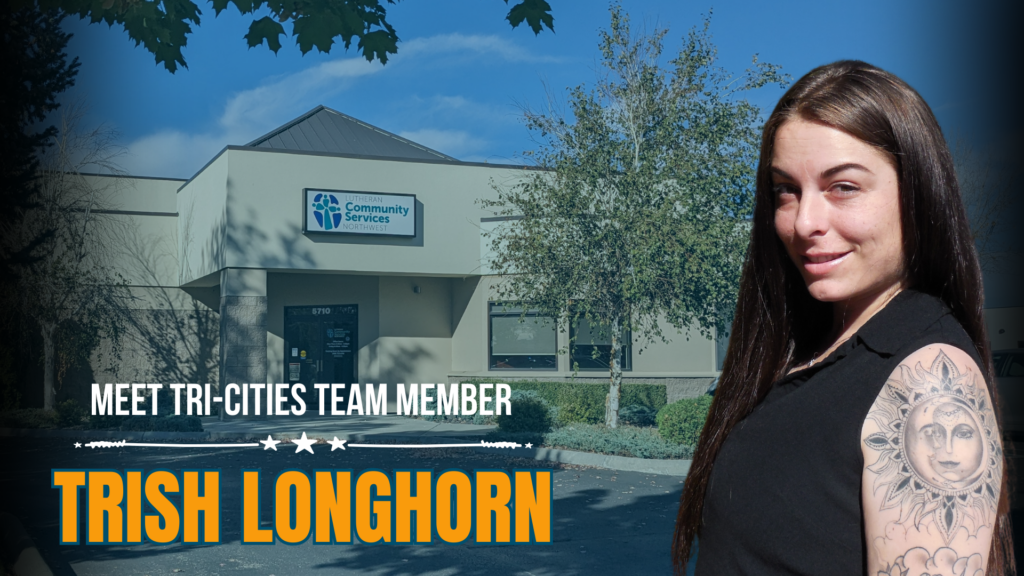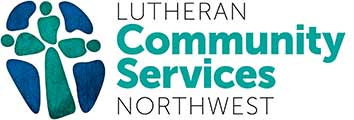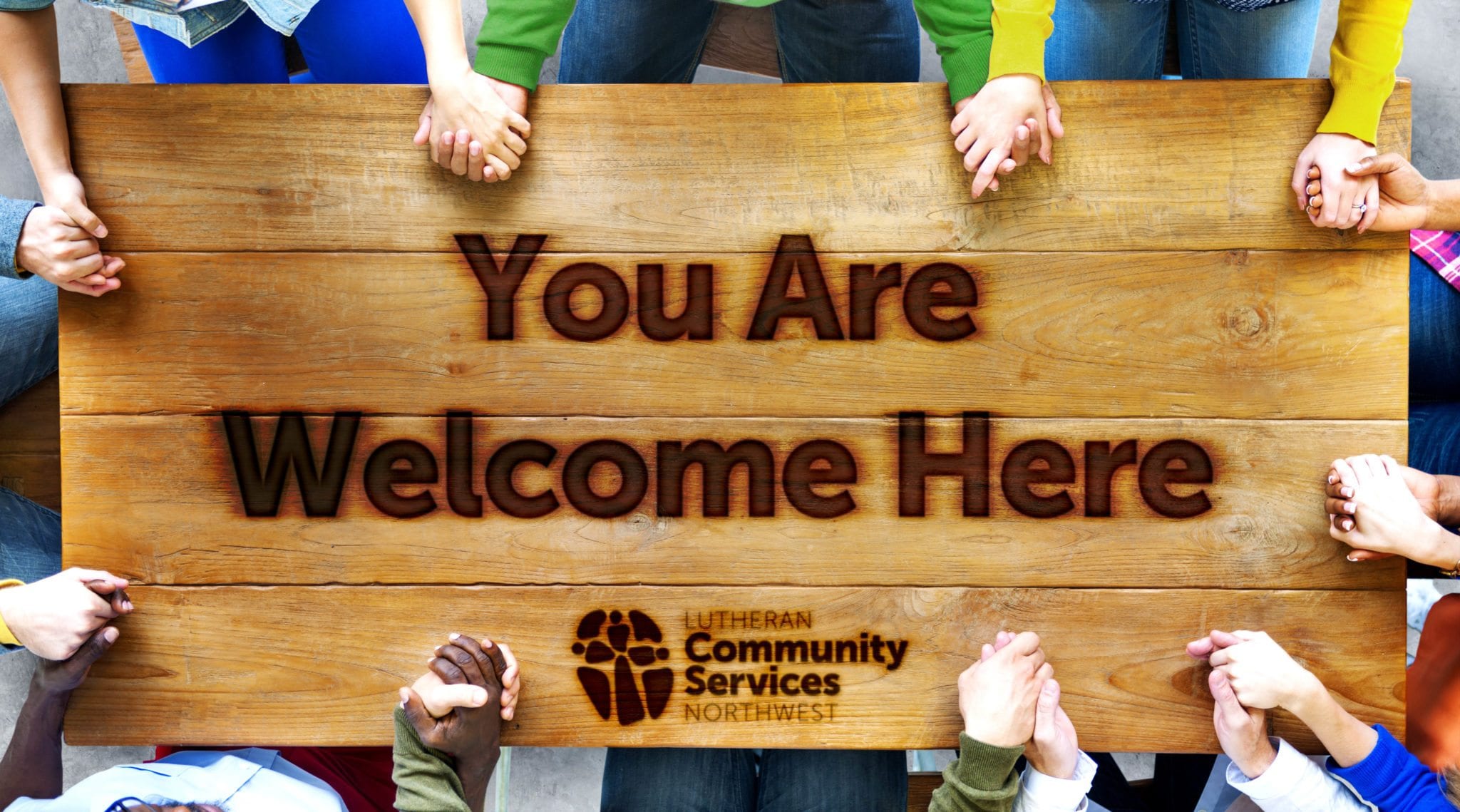
Meet Tricia (Trish) Longhorn, Advancement Specialist for our Tri-Cities District. The journey that led Trish to her current role is a testament to her resilience and commitment to serving others, shaped by her experiences as a former Marine and discovery of her Native American heritage.
Her path of self-discovery and service is as unique as it is inspiring. Adopted at birth and raised in Los Angeles, Trish did not discover her biological Native American roots until her early 20s. It left her feeling disconnected from a culture about which she yearned to know more. While she has learned that her grandfather was enrolled in the Lakota Sioux and Choctaw tribes, navigating the tribal enrollment process has been difficult without a connection to the paternal side of her family. Although just beginning to explore this facet of her identity, Trish says her Native American heritage is an important aspect of both her beginnings and the path she has chosen.
From Troubled Teen to Marine
Trish’s teenage years were marked by challenges and turbulence. She joined the U.S. Marine Corps after graduating high school — a decision that would profoundly shape her future. “I got in a lot of trouble as a teenager,” Trish recalls. “Joining the Marines was my way of trying to get my life back on track.” Although her time in the Marines helped instill discipline and direction, her years of service also came with trauma. Serving in Personnel Administration (human resources) during the era of “Don’t Ask, Don’t Tell,” Trish faced significant adversity. She said the culture in the Marines was often hostile toward women, with rampant sexual abuse and a pervasive blame-the-victim mentality. “I ended up in social work because of my life experiences and a lot of trauma that I experienced in the military,” she explains. This trauma and her path to healing led Trish to a career with LCSNW. After serving in the Marines for two years, Trish was medically discharged. In June of 2021, she joined LCSNW in the Tri-Cities.
Advocacy and Fulfillment at LCSNW
From her tumultuous teenage years to her military experience to her exploration of her Native American heritage, a number of parallels can be drawn to Trish’s current role on the Advancement Team. The LCSNW Tri-Cities District focuses on the nonprofit’s Behavioral Health service line, primarily serving youth experiencing mental health challenges.
Individuals and families in this program are supported by a team of behavioral interventionists, therapists, care coordinators, and more. Trish views these direct care staff as the “front lines” of the LCSNW organization. It is these workers, like her fellow Marines, to whom Trish is quick to give credit as “the real heroes.”
“Any opportunity that I get to advocate for them — better pay, better working conditions — I like to do that,” she says. “That makes me feel fulfilled.” Trish also cherishes the connections she makes with donors, especially fellow veterans.
Additionally, Trish is quick to advocate for greater recognition of the contributions of Native Americans. “I never feel like Natives get enough attention in the media or even in the social work realm,” she says.
Reflections on November Observances
Recognizing both Native Americans and veterans, the month of November shines a light on two groups who face their own set of historical and lived trauma. Trish encourages colleagues and community members to be mindful of the diverse experiences of veterans. She notes that many veterans carry complex feelings around seemingly simple expressions of gratitude. She says it can be hard for some veterans just to hear the words: “Thank you for your service.”
Reflecting on Native American Heritage Month, Trish says that she would love to see more people learn about the history, culture, and contributions of the Native American people and tribes surrounding them.
“This is their land,” she emphasizes. “It belongs to the indigenous people of this country, and we need to have way more respect for that as a society.”

